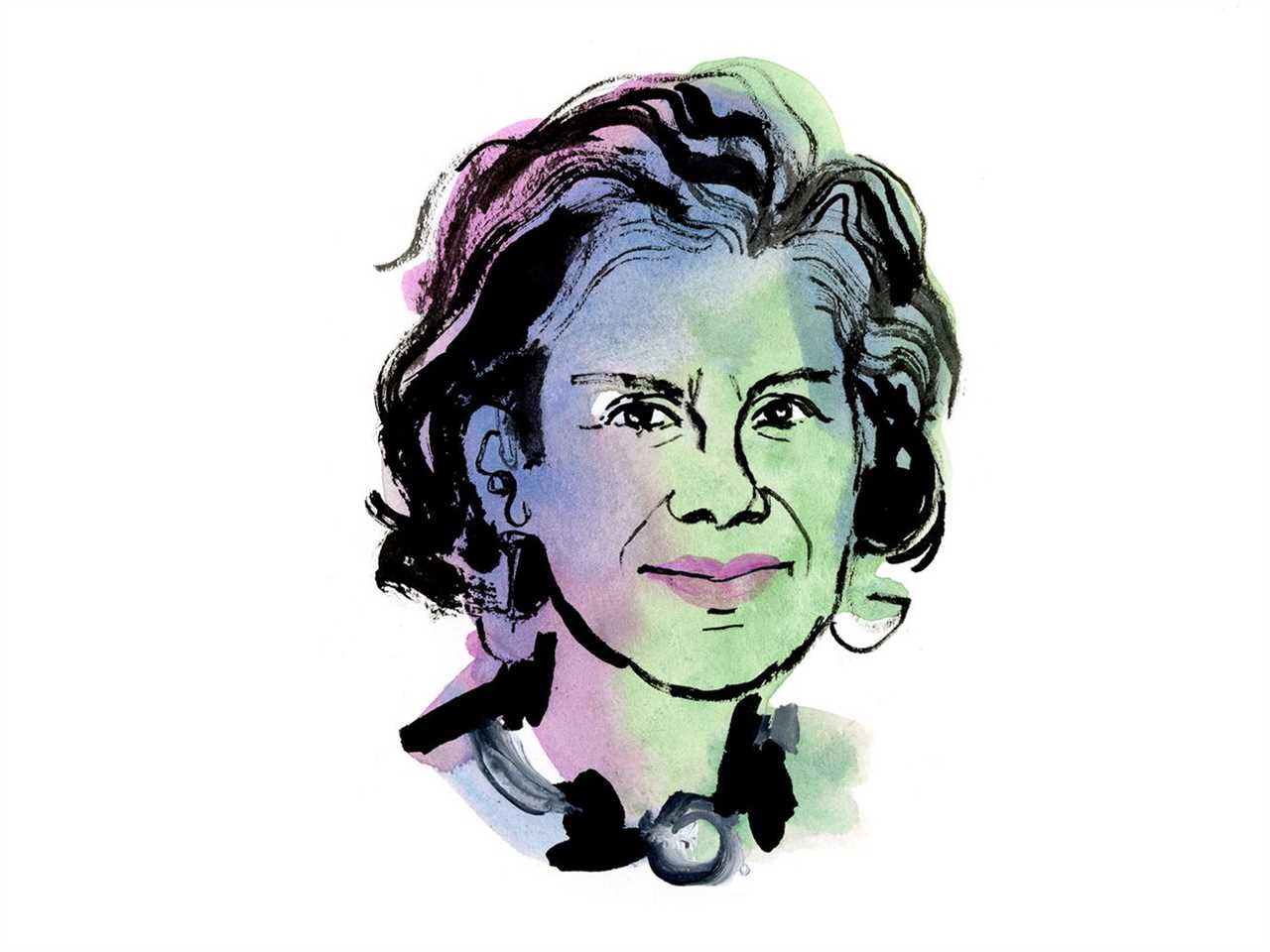
Chile’s minister for the environment hopes to bring science, social equality, and decarbonization together.
As a climate scientist and professor of geophysics at the Universidad de Chile, Maisa Rojas was unhappy with political inaction around climate change — so she decided to step up to the plate, join Chile’s government, and try to enact legislation that follows the science.
Prior to becoming the minister for the environment under progressive president Gabriel Boric last year, Rojas spent the past 15 years teaching at the University of Chile. She also co-authored chapters for two multi-year assessment reports by the UN’s International Panel on Climate Change (IPCC). As a scientist, Rojas focused on the fields of paleoclimate — in her case, studying the evolution of the climate system in the Southern Hemisphere over the past 25,000 years — and regional climate modeling, looking at the effects of climate change on agriculture and water resources in the Southern hemisphere.
But now Rojas is in the unique position of having gone from technical adviser on laws to implementing them. She is behind Chile’s legal commitment to achieve carbon neutrality by 2050, in large part by creating and enforcing regulations on Chile’s mining industry. Rojas hopes to ensure Chile’s water resources are equitably shared as the country faces a 13-year drought.
Rojas also wants to prioritize how social inequalities — such as gender — interact with environmental quality. “If our world did not have these social inequalities,” Rojas told the Guardian in 2023, “I am sure we would not have the same level of environmental degradation because no one who has access to education, to money, to power would accept to live in an area that was so degraded.” (As such, 14 of Boric’s 24 Cabinet appointments are now held by women in Chile.)
Most developing countries prioritize development before going green, but Rojas believes that a green transition must be what leads Chile forward — after all, she argues, the consequences of climate change mean that long-term development won’t truly be possible without a sustainable approach. As part of a global effort to keep warming below 1.5 degrees Celsius, Chile hopes to phase out coal power by 2030. Last year, Chile also ratified the Escazú treaty — a regional agreement that protects the environment and gives the public more power in environmental decision-making — as part of its effort to meet IPCC recommendations.
Rojas’s transition from scientist to government official has also given her an evidence-based approach to decision-making. She’s studied the long-term effects of the climate system, knowledge that she can now use to shape public action. About 80 percent of Chile’s emissions come from the energy sector, and greening the sector is Rojas’s main mission for achieving climate neutrality. As an exporter of minerals for batteries and the world’s top copper producer, Chile must confront the impacts of mining, like creating water scarcity. Rojas is steadfast in regulating the industry by setting emissions limits enabled by a 2022 climate neutrality law.
Rojas’s clear-eyed vision for the future of Chile’s environment and its people has the potential to make transformational change. It’ll take time to see which of her initiatives are implemented — and how well they do. “In politics, you don’t only take decisions based on evidence and science,” Rojas told the Guardian earlier this year. “You have to figure out a much more complex ecosystem. I am still figuring it out.”
----------------------------------------
By: Julieta Cardenas
Title: Maisa Rojas is putting political power behind climate science
Sourced From: www.vox.com/23945418/maisa-rojas-minister-environment-chile-future-perfect-50-2023
Published Date: Wed, 29 Nov 2023 11:00:00 +0000






